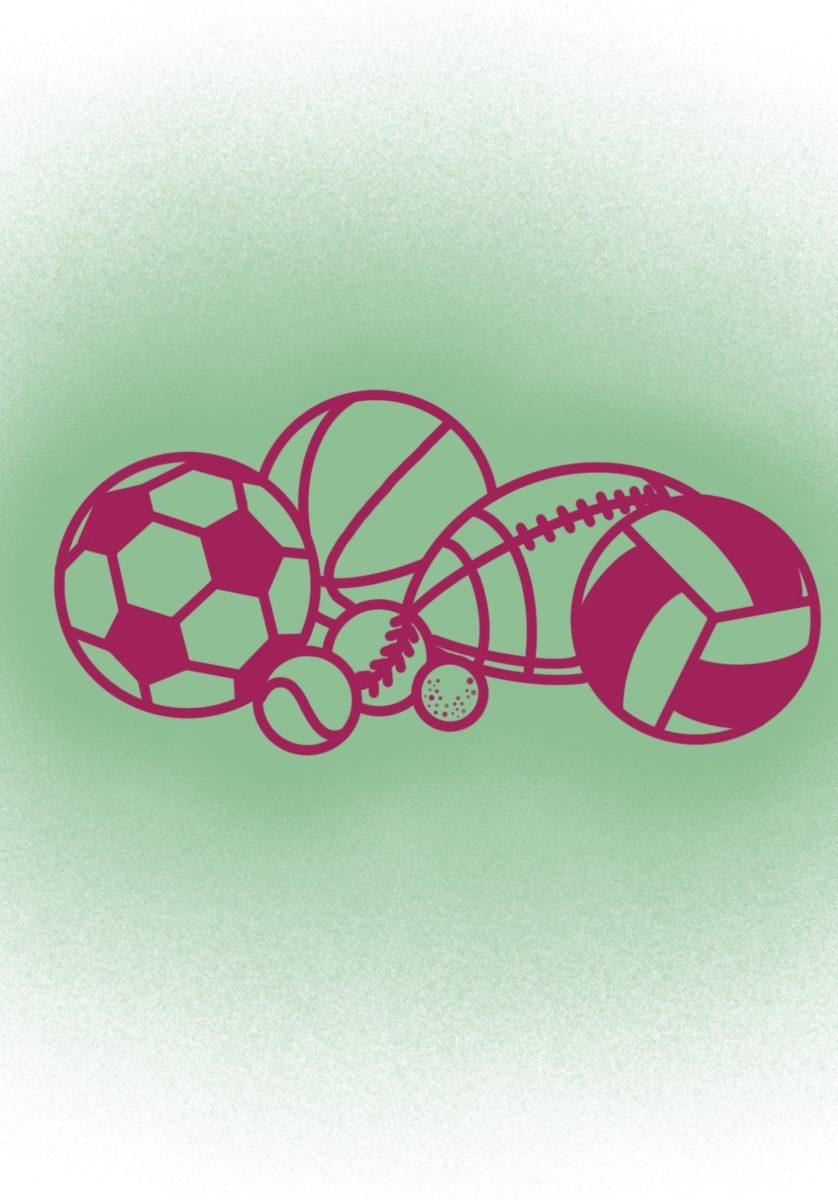Editor’s Note: The University Star attempted to reach the Texas State athletic department for this column and did not receive a timely response.
Texas State follows the “a revenue earned is revenue spent” method for funding each of its sports. In other words, the amount of money acquired by ticket sales, concessions and donors is the amount of money spent on the program.
This seems like a fair deal, but it negates women’s sports and others that may not be as popular in the U.S. The popularity of a sport should not determine the worth of an athlete.
It is a common misconception that laws like Title XI protect female sports from this fiscal inequality. According to the Women’s Sports Foundation, “Title IX does not require equal expenditure of funds on male and female athletes.”
America loves football. It is a part of America’s cultural identity, the heart and soul of Saturdays and Sundays. Football is the most profitable sport, with a net profit of $13 billion. It is no surprise that football benefits the most from this financial structure.
“It makes sense. We live in Texas where people love to watch football even if we don’t always win, so obviously, they are going to have more revenue… [However] other sports should not be penalized for not having fans. We get a decent number of fans,” says Tessa Marshall, a sophomore middle blocker for the volleyball team. “But we are a female sport, to get people to come we had to advertise our games on social media a week in advance.”
The Texas State volleyball team won a conference championship in the 2020 season, its third consecutive. Football won a total of two games this season. Yet, volleyball receives less funding.
Sports that have free admissions like soccer, tennis, track and golf suffer even more from this structure. Emily DeWalt, a junior setter for volleyball, feels that not all sports “receive the credit they deserve.”
“It is free to get into those games, so they are not making the money to support their program. I feel like the money could be better allocated,” DeWalt says.
Less popular sports get less equipment, fewer opportunities and worse facilities and accommodations. Chacadyah Lewis, a sophomore tennis player, says her team is “often forgotten,” and that the Texas State Athletics social media “will post about losses [from other sports], but when we win we hear nothing.”
“Ultimately, other sports have more than they need; we have the basics,” Lewis says.
Men’s basketball typically gets new pairs of shoes every season, whereas tennis athletes “have holes in their shoes,” even for the majority of their fall tournament season, Lewis says. Despite the coach’s efforts to equip players accordingly, other sports are prioritized. This is not okay.
Favoritism was especially felt in this year’s COVID-19 season. Like a mother saving her baby from a fire, the Texas State Athletics administration came to the aid of its most beloved child: Football.
Money was prioritized to keep football players safe above all others. Football had to take multiple COVID-19 tests each week, every week. Molly Damiani, a junior outfielder on the softball team, says while offseason sports did not have to take any, if they wanted to take a test, they had to do it on their own.
There were also differences this year when it came to traveling. Football traveled via private plane for away games, while other in-season sports traveled on a bus for long and tedious rides up to “14 hours,” Kiara Gonzales, a sophomore forward/midfielder on the soccer team, says. This was not only terrible for people who were not used to sitting for long periods of time, but it also meant athletes missed more classes and opportunities to decompress because they had to block off three or more days for a travel weekend.
Nevertheless, popular men’s sports are a pivotal part of this program. Football revenue funds a lot of the spring sports.
However, by implementing a system where there is equal funding for all sports, there is a guarantee for a season and equal treatment for everyone.
Texas State houses over 300 student-athletes, all of whom have dedicated their lives and forfeited a normal college experience, such as networking, internships and other opportunities to perfect their sport and perform at a D1 collegiate level.
As a student-athlete, I can say that we have all put in the work and effort to compete here. All we ask is for the administration to respect all sports and acknowledge all of Texas State athletes’ efforts.
– Lindsey Salisbury is an English sophomore
The University Star welcomes Letters to the Editor from its readers. All submissions are reviewed and considered by the Editor-in-Chief and Opinion Editor for publication. Not all letters are guaranteed for publication.
Opinion: Texas State needs to fund all sports equally
Lindsey Salisbury, Opinion Columnist
April 14, 2021
0
Donate to The University Star
Your donation will support the student journalists of Texas State University. Your contribution will allow us to purchase equipment and cover our annual website hosting costs.
More to Discover











